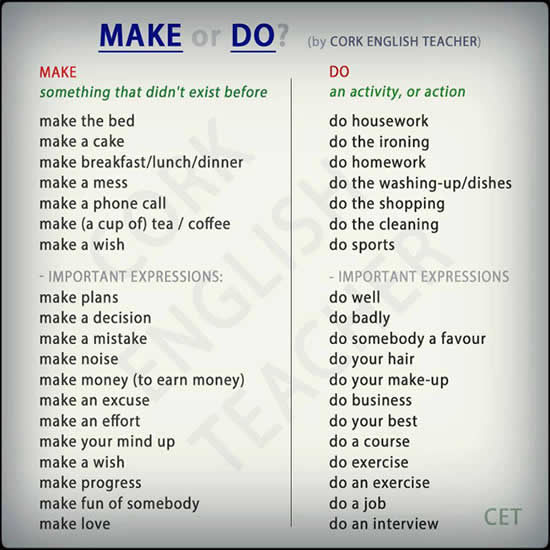

TIME: He was not thinking well on that occasion. On indicates proximity and position above or outside: REFERENCE: In my opinion we need a referendum. MANNER: The child ran down the steps in tears. In the case of the prepositions in and on, here are the most usual uses. General guidelines exist, but be prepared to learn individual expressions in which the preposition does not adhere to the guidelines. The use of prepositions in English is frequently idiomatic. Here are some examples: “The boat is in/on the water,” “We are in/on the planet,” “We’re going to the concert in/on July 1st.” Nate asks: What are the proper usages of the words “in” and “on” in a sentence? I often confuse the two.


When to use “on” and when to use “in” By Maeve Maddox


 0 kommentar(er)
0 kommentar(er)
